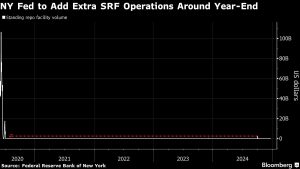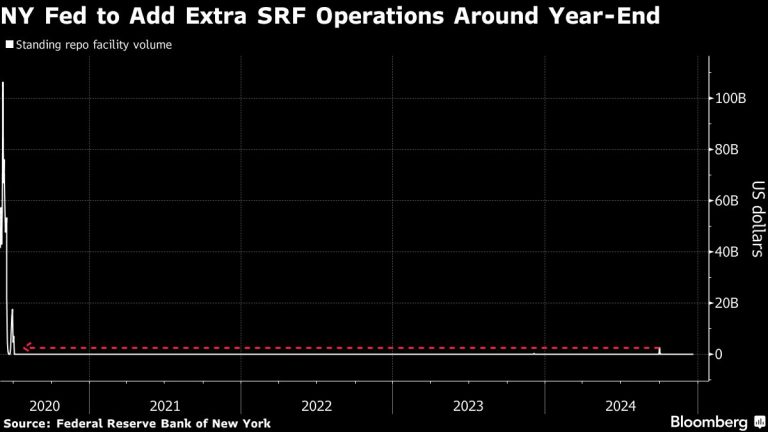Why Bitcoin as a Strategic Asset?
Bitcoin‘s singular qualities make it a very attractive choice to hold in a strategic reserve. It has the added advantage of scarcity in its supply limit of just 21 million coins. Additionally, being decentralized in nature shields it from the ownership of any one individual, entity, or government – a critically decisive element in its choice.
Several advantages of Bitcoin as a reserve asset include:
- Portability: Bypassing conventional financial institutions, Bitcoin can be moved anywhere in the world in a matter of minutes.
- Security: By guaranteeing tamper-proof records, blockchain technology lowers the possibility of theft or forgery.
- Transparency: Public recording of transactions fosters accountability and confidence.
- Protect Yourself Against Inflation: Unlike fiat currencies, which may be issued in infinite amounts, Bitcoin has a fixed supply.
These characteristics are promoting institutional adoption and enhancing Bitcoin’s ability to act as a hedge against unstable economies.
Institutional Adoption Accelerates
The fact that Bitcoin would even wind up in the US government’s reserves is the result of years of growing institutional adoption, in which businesses, hedge funds, and even small countries have come to accept it as a store of value. This has caused policymakers to reevaluate whether Bitcoin could be advantageous for their respective countries.
In 2024, many major companies invested parts of their balance sheets in Bitcoin due to its potential long-term growth. This would lay the groundwork for governments to follow suit. By 2025, the US was not the first government to embrace Bitcoin reserves but certainly the largest, lending further credibility to the digital currency.
US Bitcoin Policy and Regulation
The US government’s move was accompanied by updates to Bitcoin regulation. Policymakers introduced clearer guidelines for institutional investors, reducing legal uncertainties that had previously deterred large-scale adoption. These regulations balanced the need to protect consumers while fostering innovation.
Key aspects of the updated Bitcoin policy include:
|
Policy Area |
Details |
|
Taxation |
Simplified rules for reporting Bitcoin holdings. |
|
Custody |
Guidelines for secure storage of Bitcoin. |
|
Anti-Money Laundering |
Strengthened measures to prevent illicit use. |
|
Cross-Border Trade |
Policies enabling smoother international transactions. |
These measures are intended to provide stability and encourage both private and public entities to adopt Bitcoin.
Broader Implications
The inclusion of Bitcoin into US reserves could have an influence on world finance for the next couple of decades. For one, this might encourage other nations, particularly those seeking to decrease their dependence on the US dollar, to act similarly. This would make for a more diversified and resilient international monetary system.
This also strengthens Bitcoin’s position as a legitimate asset class. Many critics criticized Bitcoin, calling it speculative; the fact that it is finding its way into government reserves challenges that narrative. It also shows a change in how governments perceive technology’s role in shaping monetary systems.
Challenges Ahead
Despite its promise, Bitcoin’s role as a strategic reserve is not without challenges. Price volatility remains a concern, as sudden shifts in value could impact reserve stability. However, proponents argue that Bitcoin’s long-term upward trajectory offsets these risks.
Another issue is energy consumption. Bitcoin mining has faced criticism for its environmental impact. Addressing this will likely require investment in sustainable energy sources and more efficient mining practices.
Finally, maintaining global consensus on Bitcoin’s role in financial systems could prove difficult. Differing regulatory approaches across nations may hinder broader adoption.
A New Era in Reserve Management
An important turning point in financial history was reached in 2025 when the US government decided to accept Bitcoin as a strategic reserve asset. It shows that Bitcoin’s capacity to supplement conventional reserves and protect economic stability in a world that is changing quickly is becoming increasingly recognized.
The broader institutional acceptance of digital assets also comes to the forefront in this shift. In an increasingly popular Bitcoin, a bigger role in global finance awaits it – as an end to reshape how nations handle reserves and approach economic strategy.
Whether this is the beginning of a larger trend is yet to be seen, but one thing is for sure: Bitcoin is no longer just an experiment in digital currency. It has earned its place among the assets that governments trust to secure their financial future.

























+ There are no comments
Add yours